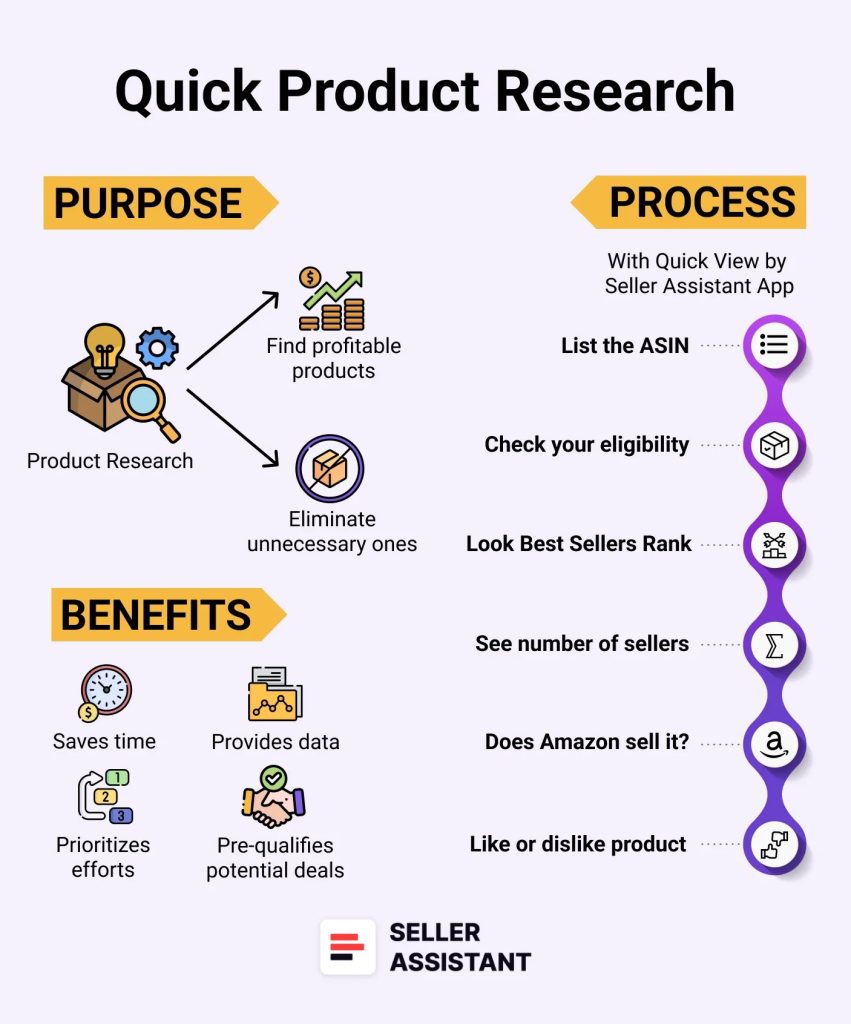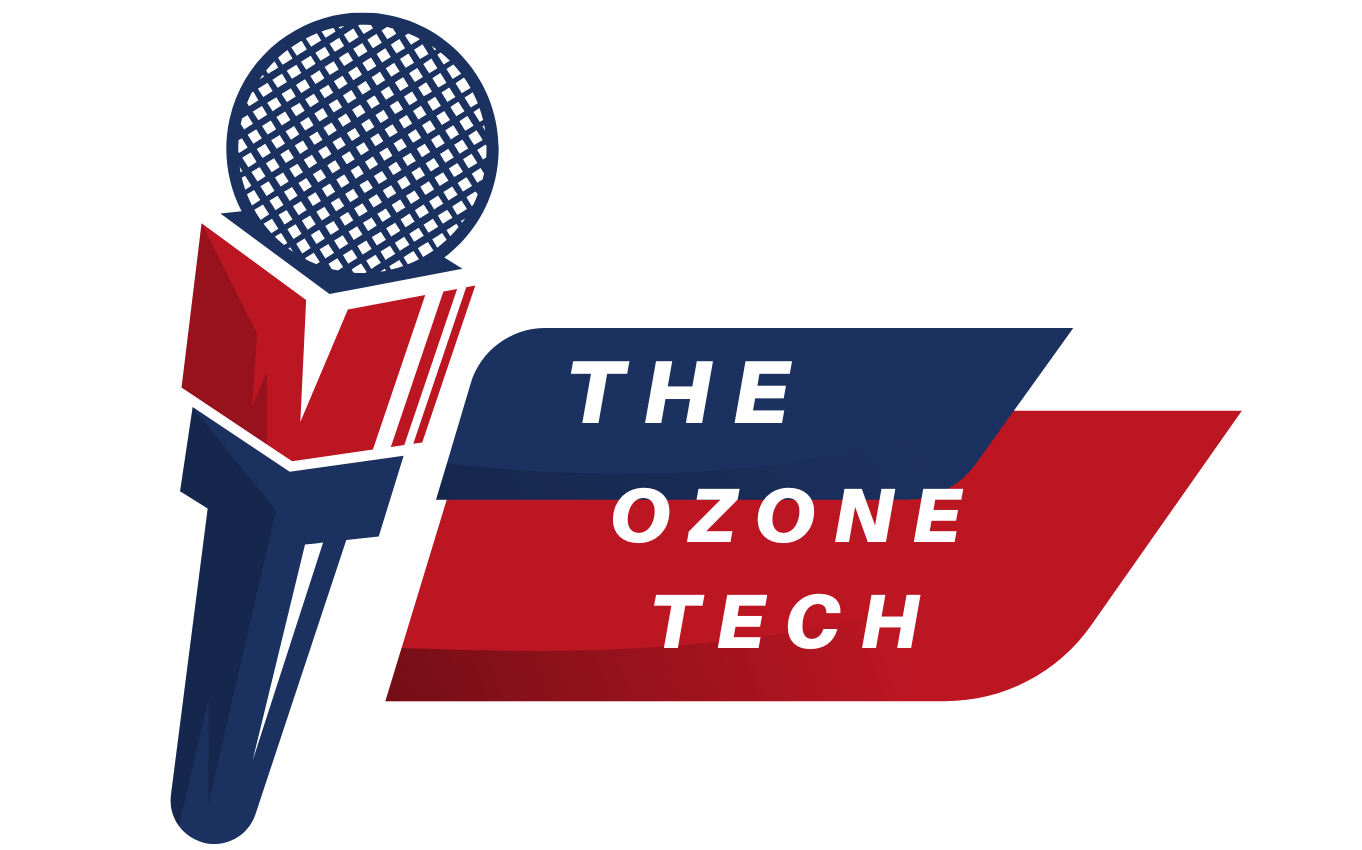As technology continues to evolve, 2024 is set to bring transformative changes across industries, reshaping our daily lives, work environments, and societal structures. Here’s a look at the top tech trends likely to define this year and beyond.

1. AI-Powered Personalization and Human-AI Collaboration
AI continues to grow, with advancements in generative AI, machine learning, and natural language processing enabling more personalized experiences in everything from customer service to entertainment. AI will also move from standalone systems to collaborative assistants, helping professionals make data-driven decisions and automate routine tasks. Expect AI tools that are increasingly customized for specific industries like healthcare, finance, and education.
2. Quantum Computing Breakthroughs
Quantum computing, still in its developmental phase, is expected to make significant strides in 2024. Companies like IBM, Google, and startups like IonQ and Rigetti are advancing quantum technology, which could revolutionize areas like cryptography, drug discovery, and complex simulations. While we’re still in the early days, industries will begin preparing for the integration of quantum algorithms, setting the stage for broader adoption in the future.
3. Immersive Experiences with Extended Reality (XR)
Extended Reality (XR), encompassing virtual reality (VR), augmented reality (AR), and mixed reality (MR), is becoming more sophisticated and accessible. Companies are developing lighter, more comfortable XR devices and software that enhance gaming, training, education, and virtual meetings. Industries like retail, real estate, and entertainment are expected to expand XR to provide immersive experiences, changing the way we interact with digital content.
4. Edge Computing and Distributed Cloud
Edge computing, which processes data closer to its source, is growing alongside distributed cloud services, where cloud resources are spread across multiple locations rather than centralized data centers. This trend reduces latency, enhances security, and offers real-time data processing for applications like autonomous vehicles, IoT devices, and smart cities. As 5G and, soon, 6G networks expand, edge computing will see increased adoption in sectors like healthcare, transportation, and manufacturing.
5. Cybersecurity Mesh and Zero Trust Architecture
With cyber threats becoming more sophisticated, cybersecurity remains paramount. Cybersecurity mesh, a flexible, modular approach to security, and Zero Trust Architecture, which limits access based on continuous verification, will play vital roles in protecting organizations from data breaches. Companies are increasingly implementing these advanced strategies to secure their networks and protect sensitive data.
6. Biotech Innovations and Genomics
Biotechnology is poised for rapid advancements, driven by increased investment in genomics, gene editing, and regenerative medicine. CRISPR technology is advancing, allowing researchers to target genetic disorders and even work on preventive measures. Additionally, AI’s integration with genomics will streamline drug discovery and personalized medicine, setting new standards in healthcare.
7. Green Tech and Sustainability
The push for sustainable technology is stronger than ever. Innovations in renewable energy, energy-efficient systems, and carbon capture technology are gaining momentum as climate change becomes a more pressing concern. Green hydrogen, advanced battery storage, and smart grids are expected to play a significant role in reducing carbon emissions, while companies across sectors are adopting sustainable practices like eco-friendly packaging, smart resource management, and greener supply chains.
8. Automation and Robotics in Workforce Transformation
Automation, driven by robotics and AI, is transforming manufacturing, logistics, and service industries. Robots are becoming more adaptable, and automation processes are now capable of handling complex tasks in warehousing, healthcare, and agriculture. Autonomous machines are likely to become essential in workforce strategies, particularly in labor-intensive sectors, enabling companies to increase productivity while addressing labor shortages.
9. 6G Development and Enhanced Connectivity
While 5G is still being rolled out globally, research on 6G is already underway, with countries like South Korea, the U.S., and China investing heavily in its development. 6G is expected to provide unprecedented speed, reliability, and connectivity, enabling advancements in XR, IoT, and smart cities. 6G networks are anticipated to support a truly immersive internet experience, facilitating everything from telemedicine to real-time holographic communication.
10. Digital Twins in Urban Development and Industry
Digital twin technology, which creates virtual replicas of physical objects, is expanding from industrial use to urban development, healthcare, and infrastructure planning. Digital twins allow cities and businesses to test scenarios and monitor systems in real time, optimizing efficiency and safety. In the automotive and aerospace industries, for example, digital twins are used for testing and maintaining complex systems, while in smart cities, they can improve urban planning, energy management, and emergency response.
Final Thoughts
These top tech trends are not only reshaping individual industries but also influencing how society functions as a whole. As these technologies continue to develop, they promise to improve efficiency, sustainability, and human connection across the globe. However, they also raise important questions about ethics, privacy, and social impact, areas that will require thoughtful consideration as we move forward into this new technological landscape.








